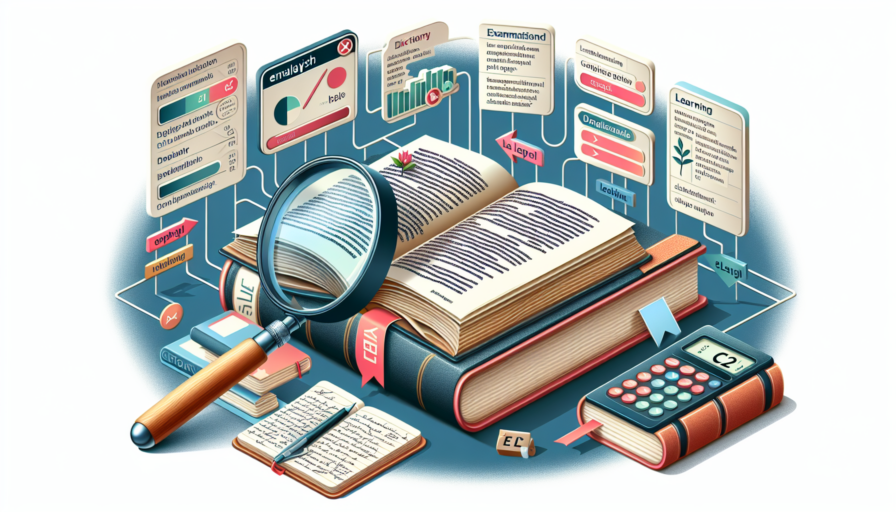
Contents
At Britannia School, we believe that grasping the intricacies of the C2 Level of English Proficiency is vital for language learners who seek to master the English language. This level, which is part of the Common European Framework of Reference for Languages (CEFR), signifies a profound understanding and fluent command of English. Here, we delve into what it means to achieve this advanced level and its significance in both academic and professional spheres.
The C2 Level of English Proficiency is characterized by several key skills that we find essential for our students:
As we guide our students through the journey to attain the C2 Level of English Proficiency, we emphasize the importance of immersion and active practice. Our curricula are designed to challenge learners with complex texts, nuanced discussions, and diverse vocabulary, encouraging a rich understanding of context, tone, and style. With persistent effort, we can navigate the complexities of the English language together.
In our experience, reaching the C2 Level of English Proficiency not only enhances communication skills but also opens up a myriad of opportunities for personal and professional growth. Understanding this level invites our students to participate confidently in global conversations, perform in high-level academic environments, and excel in the workplace. At Britannia School, we are committed to supporting each learner on this transformative path.
As we dive into the intricacies of language, understanding how to effectively analyze complex English texts is crucial for our learning journey. Here, we will explore some key strategies that can enhance our proficiency in breaking down challenging material.
By implementing these strategies together, we can navigate the complexities of English literature with greater ease and insight. Let’s embrace this analytical approach and unlock the full potential of our reading experiences.
When we delve into the realm of advanced English literature, we often encounter a myriad of challenges in interpreting advanced English literature that can perplex even the most seasoned readers. Language intricacies, historical contexts, and a wealth of literary devices contribute to these challenges. Understanding nuanced language choices is crucial, as authors frequently employ figurative language and symbolism that can shift the meaning dramatically from a superficial reading.
Another major hurdle we face is the complex cultural and historical context in which many literary works are written. Authors often embed social commentary or critique that can be difficult to grasp without a thorough understanding of the era’s politics, values, and norms. This further complicates our efforts; we must constantly research and contextualize in order to fully appreciate the depth of the text.
In conclusion, tackling challenges in interpreting advanced English literature demands not only our analytical abilities but also our willingness to engage with rich, layered texts. By embracing these complexities, we deepen our literary appreciation and enrich our discussions as we journey through the world of advanced literature.
At Britannia School, we understand the importance of honing our text analysis skills to excel in various academic and professional fields. To assist us in this journey, we can leverage a range of tools and resources designed specifically for improving our capabilities in this critical area. Here are some of the most effective options:
Moreover, joining forums and communities that focus on text analysis skills allows us to connect with peers and experts in the field. Engaging in discussions, sharing ideas, and seeking feedback can significantly enhance our learning experience. By tapping into these resources, we can collectively strengthen our understanding and application of text analysis skills.
Improving our analytical writing at the C2 level requires a blend of advanced skills and practiced techniques. By focusing on specific strategies, we can refine our ability to express complex ideas clearly and persuasively.
Here are some practical tips that can enhance our analytical writing:
In our journey to improve analytical writing skills, incorporating these tips can significantly enhance our work at the C2 level. Let’s commit to practicing these strategies consistently to achieve greater proficiency.